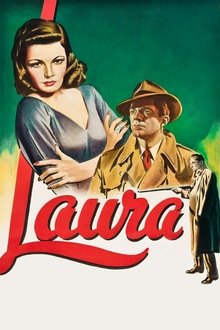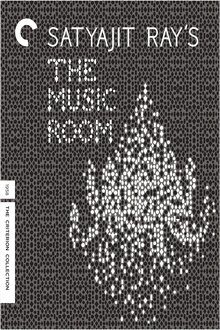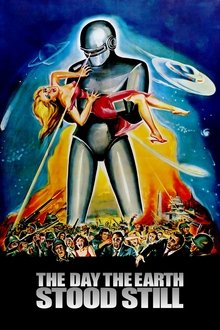Apu, now a jobless ex-student dreaming vaguely of a future as a writer, is invited to join an old college friend on a trip up-country to a village wedding.
Related Movies
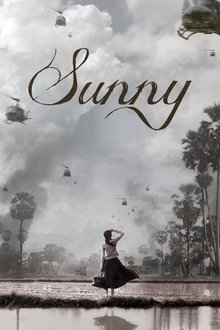
Sunny (2008)
With hopes of reuniting with her husband, who left for the Vietnam War without telling her, a young wife joins a traveling band as the lead singer.
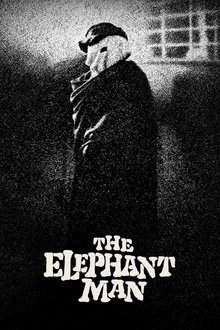
The Elephant Man (1980)
A Victorian surgeon rescues a heavily disfigured man being mistreated by his "owner" as a side-show freak. Behind his monstrous façade, there is revealed a person of great intelligence and sensitivity. Based on the true story of Joseph Merrick (called John Merrick in the film), a severely deformed man in 19th century London.
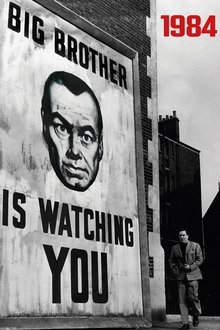
1984 (1956)
In a totalitarian future society, a man whose daily work is rewriting history tries to rebel by falling in love.
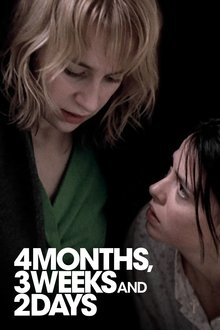
4 Months, 3 Weeks and 2 Days (2007)
Two college roommates have 24 hours to make the ultimate choice as they finalize arrangements for a black market abortion.
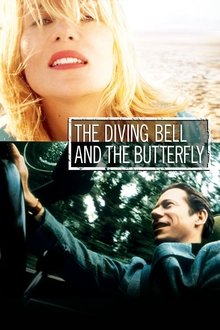
The Diving Bell and the Butterfly (2007)
Jean-Dominique Bauby, editor-in-chief of French fashion bible Elle magazine, has a devastating stroke at age 43. The damage to his brain stem results in locked-in syndrome, with which he is almost completely paralyzed and only able to communicate by blinking an eye. Bauby painstakingly dictates his memoir via the only means of expression left to him.
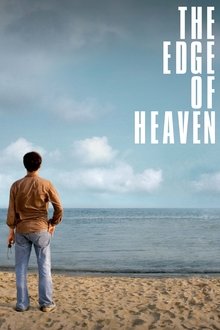
The Edge of Heaven (2007)
The lives of six German-Turkish immigrants are drawn together by circumstance: An old man and a prostitute forging a partnership, a young scholar reconciling his past, two young women falling in love, and a mother putting the shattered pieces of her life back together.
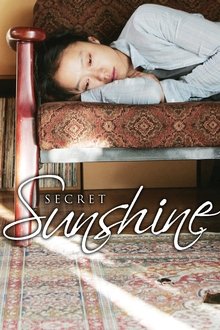
Secret Sunshine (2007)
Shin-ae moves to her recently late husband’s hometown. Despite her efforts to settle in this unfamiliar and too-normal place, she finds that she can’t fit in. After a sudden tragedy, Shin-ae turns to Christianity to relieve her pain, but when even this is not permitted, she wages a war against God.
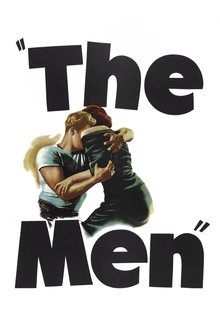
The Men (1950)
Ken, a WWII GI, returns home after he's paralyzed in battle. Residing in the paraplegic ward of a veteran's hospital and embittered by his condition, he refuses to see his fiancée and sinks into a solitary world of hatred and hostility. Head physician, Dr. Brock cajoles the withdrawn Ken into the life of the ward, where fellow patients Norm, Leo and Angel begin to pull him out of his spiritual dilemma.

Malcolm X (1992)
A tribute to the controversial black activist and leader of the struggle for black liberation. He hit bottom during his imprisonment in the '50s, he became a Black Muslim and then a leader in the Nation of Islam. His assassination in 1965 left a legacy of self-determination and racial pride.

Marie Antoinette (2006)
The retelling of France’s iconic but ill-fated queen, Marie Antoinette - from her betrothal and marriage to Louis XVI at fifteen to her reign as queen at nineteen and ultimately the fall of Versailles.
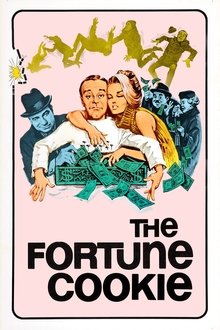
The Fortune Cookie (1966)
TV cameraman Harry Hinkle is injured while filming a football game. Seeing big dollar signs, his unscrupulous ambulance-chasing lawyer brother-in-law Willie Gingrich enters the picture, and convinces Harry to overstate his injuries and claim $1 million in pain and suffering. Harry's similarly-minded ex-wife suddenly reappears in an attempt to rekindle their relationship.
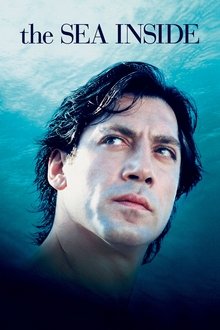
The Sea Inside (2004)
Ramón Sampedro is a ship mechanic and part-time poet left a quadriplegic following a diving accident. Ramón fought for 30 years for the legal right to end his own life. He develops close relationships with his long-term lawyer Julia and his friend Rosa, who tries to convince him that his life is worth living. Despite his situation, Ramón manages to inspire those around him to live life to the fullest.
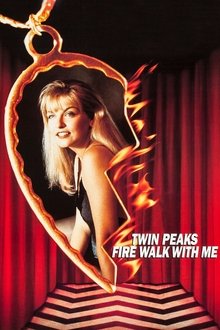
Twin Peaks: Fire Walk with Me (1992)
In the questionable town of Deer Meadow, Washington, FBI Agent Desmond inexplicably disappears while hunting for the man who murdered a teen girl. The killer is never apprehended, and, after experiencing dark visions and supernatural encounters, Agent Dale Cooper chillingly predicts that the culprit will claim another life. Meanwhile, in the more cozy town of Twin Peaks, hedonistic beauty Laura Palmer hangs with lowlifes and seems destined for a grisly fate.
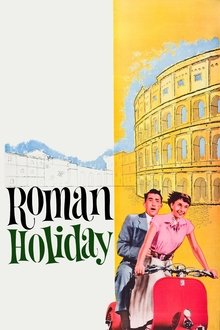
Roman Holiday (1953)
Overwhelmed by her suffocating schedule, touring European princess Ann takes off for a night while in Rome. When a sedative she took from her doctor kicks in, however, she falls asleep on a park bench and is found by an American reporter, Joe Bradley, who takes her back to his apartment for safety. At work the next morning, Joe finds out Ann's regal identity and bets his editor he can get exclusive interview with her, but romance soon gets in the way.
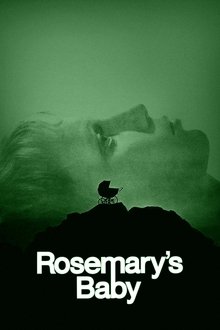
Rosemary's Baby (1968)
A young couple, Rosemary and Guy, moves into an infamous New York apartment building, known by frightening legends and mysterious events, with the purpose of starting a family.
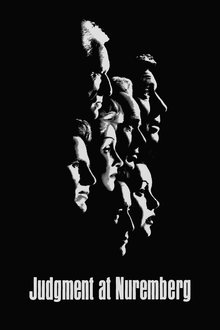
Judgment at Nuremberg (1961)
In 1947, four German judges who served on the bench during the Nazi regime face a military tribunal to answer charges of crimes against humanity. Chief Justice Haywood hears evidence and testimony not only from lead defendant Ernst Janning and his defense attorney Hans Rolfe, but also from the widow of a Nazi general, an idealistic U.S. Army captain and reluctant witness Irene Wallner.

